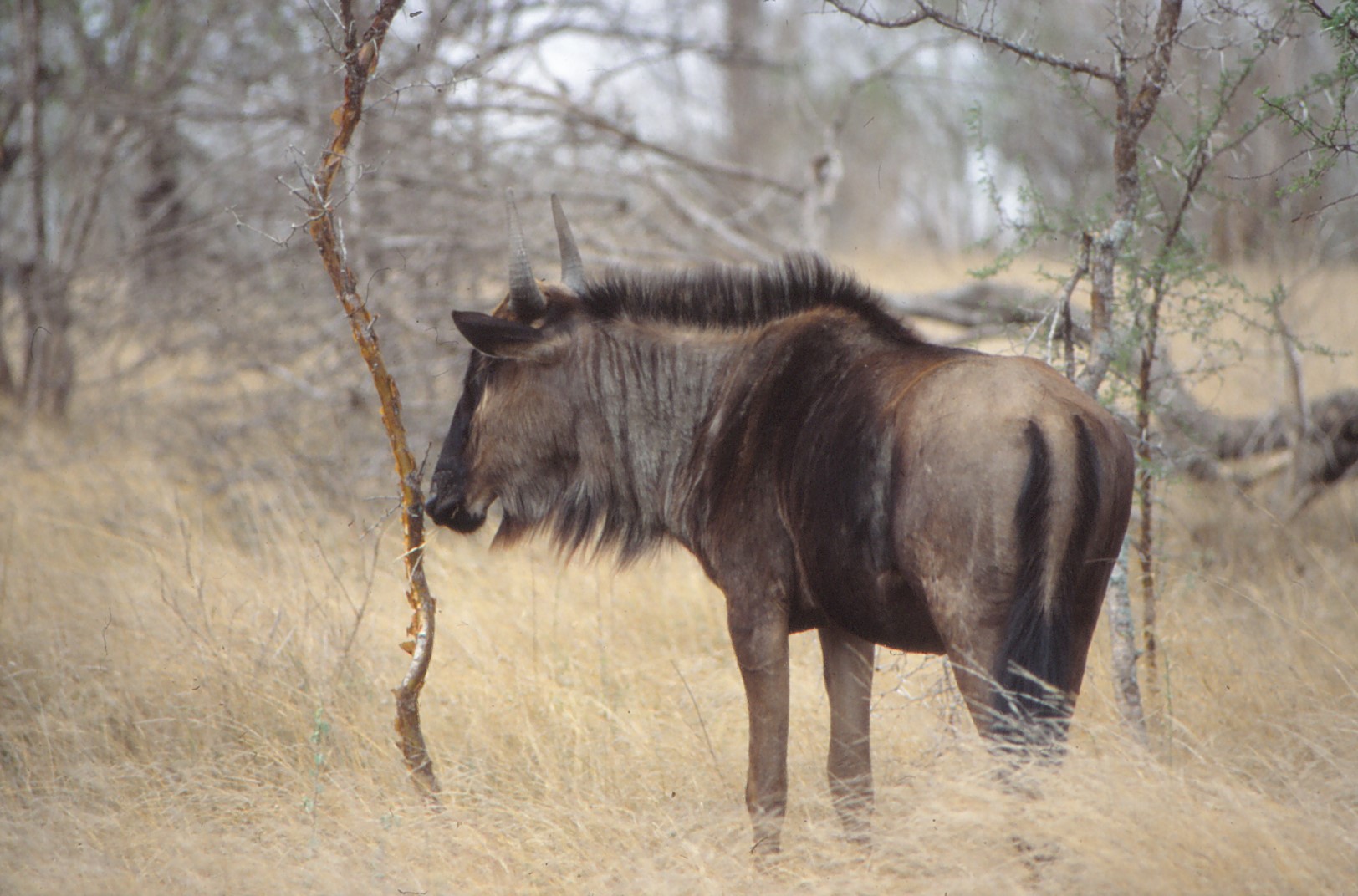Mass extinctions - why they matter even to people who do not care about environment?Sunnuntai 28.6.2020 klo 20.13 - Mikko Nikinmaa In a recent issue of Proceedings of the National Academy of Science (USA) Caballos et al. wrote an article “Vertebrates on the brink as indicators of biological annihilation and the sixth mass extinction” (PNAS 117(24): 13596-13602, 2020). It is a clear account about how many terrestrial vertebrates are on the brink of extension. While the message of human role in extinctions is very clear, the present extinction rate being about 1000 times greater than the background rate, it is very difficult to get people who do not care of the environment to realize that it also matters to them. One of the salient points of the article is that the disappearance of one species affects the well-being of other species. People, who don’t care of the environment, usually care about themselves. Only few people have been against Covid-19 restrictions. What they often do not realize that the Covid-19 pandemic is associated with the extinction wave. One of the biggest reasons for extinctions is the fact that increasing proportion of land goes to human use because of our population growth. As a result, the remaining wild animals come in closer contact to humans and tame animals than earlier. This increases the likelihood of animal micro-organisms reaching humans and consequently zoonosis (i.e. diseases transmitted from animals to humans). It is no wonder that the number of diseases transmitted from animals to man has drastically increased in 2000’s: MERS, SARS, Ebola, Chicken flu, Swine flu and now Covid-19. Even if one does not care about environment, one should care about one’s health. Also people, who do not care of the environment, must eat, and they While Caballos et al. article did not consider aquatic animals, they are also suffering from extinctions. The worst scenarios suggest that overfishing causes extinction of most important commercial fish species before 2100. In addition to overfishing, aquatic pollution causes the extinctions. Thus, the problem affecting the diets of people not caring of the environment, is caused by mass extinctions. The mass extinctions themselves are the result of growth ideology. To be able to have reasonably good life for everyone, we should be able to abolish inequality. |
|
Avainsanat: land use, insecticide, agriculture, population growth |

 may like blueberry pie. About three quarters of all our food plants require insect pollination. Currently pollinating insect populations are decreasing drastically, and the worst scenarios suggest that we cannot eat blueberry pies within 50 years, because of lack of pollination. There are two reasons for the decreasing insect populations. The first is the heavy use of insecticides, and the second the reduced land area for insect refuges (i.e. land areas, which are not in heavy agricultural or other human use). Again, the increasing human populations exert the most important pressures, and to enable sustainable agriculture, one should be able to stop population growth.
may like blueberry pie. About three quarters of all our food plants require insect pollination. Currently pollinating insect populations are decreasing drastically, and the worst scenarios suggest that we cannot eat blueberry pies within 50 years, because of lack of pollination. There are two reasons for the decreasing insect populations. The first is the heavy use of insecticides, and the second the reduced land area for insect refuges (i.e. land areas, which are not in heavy agricultural or other human use). Again, the increasing human populations exert the most important pressures, and to enable sustainable agriculture, one should be able to stop population growth.